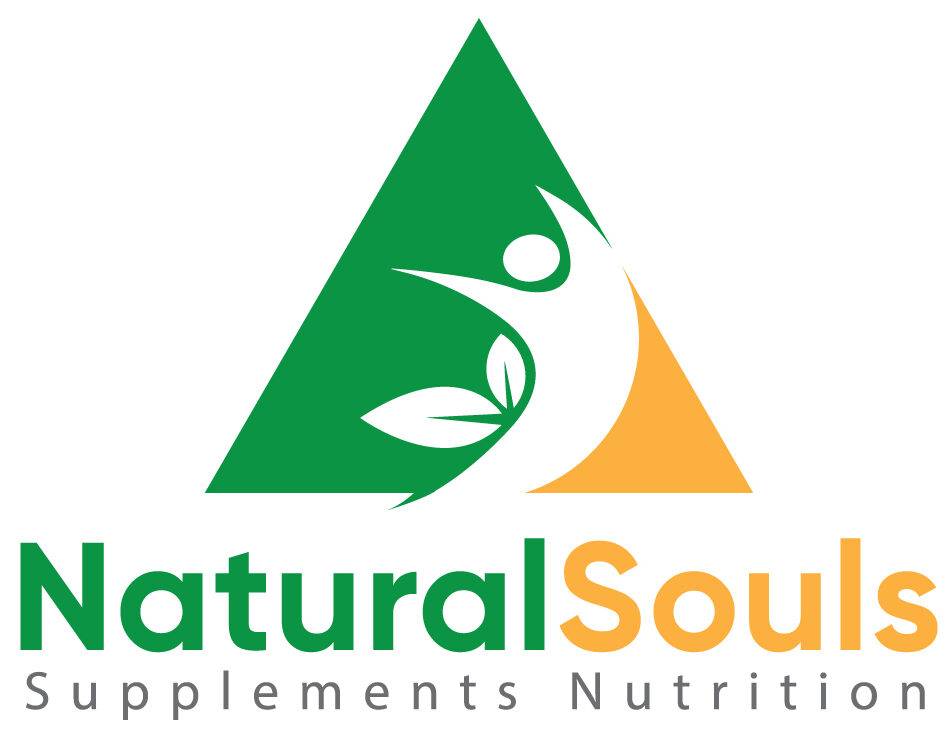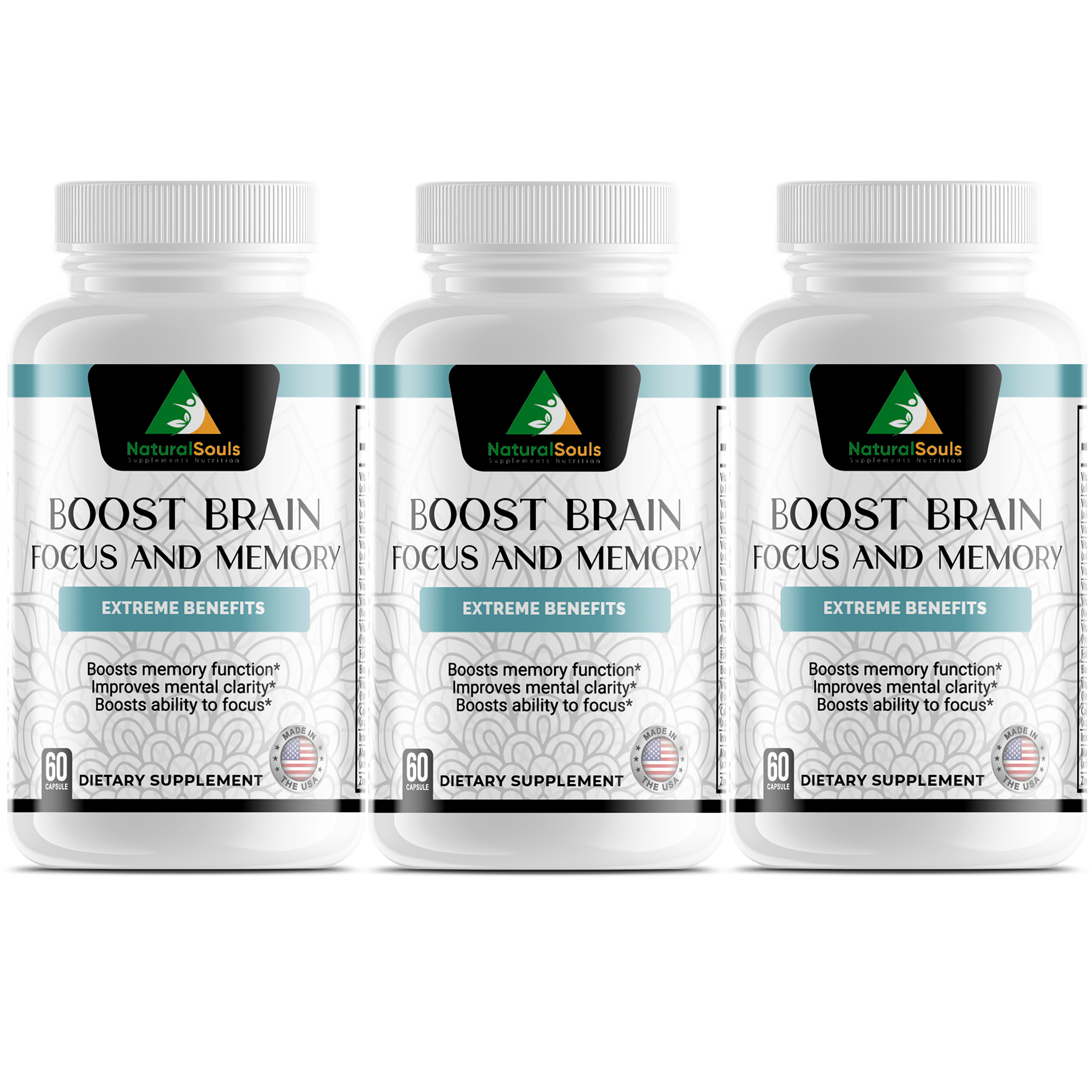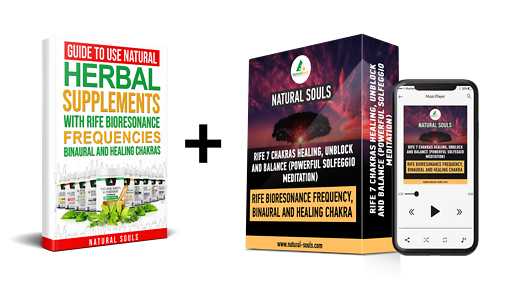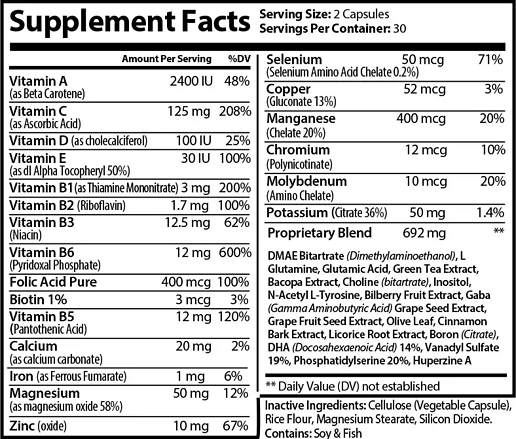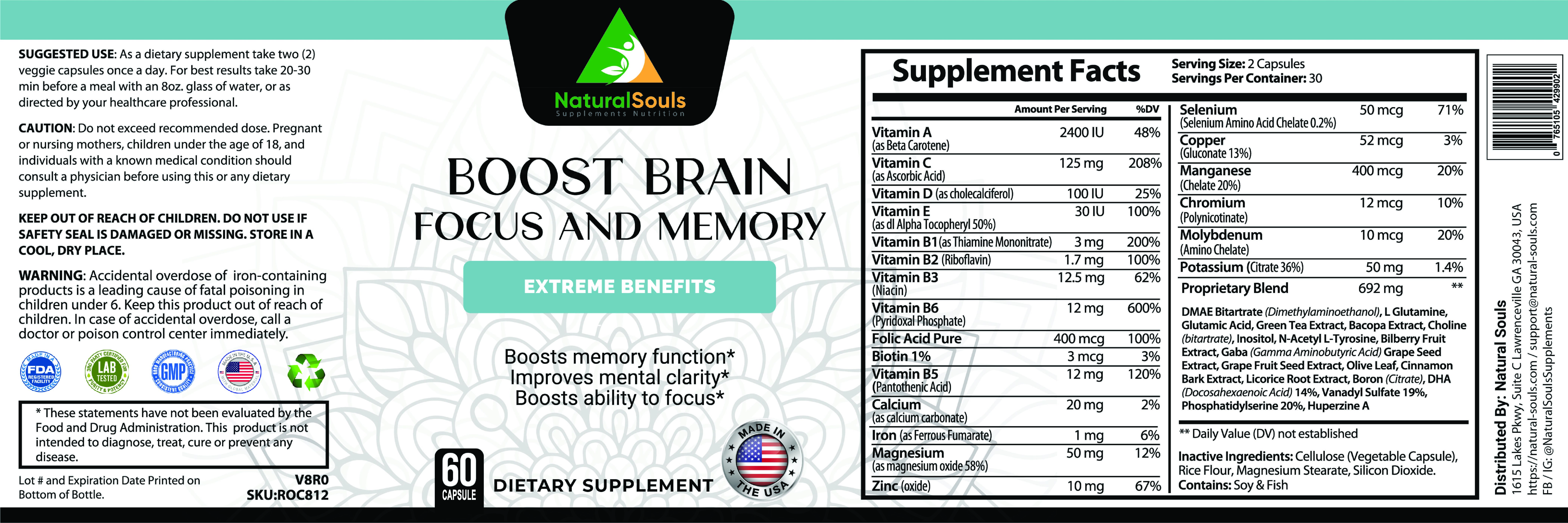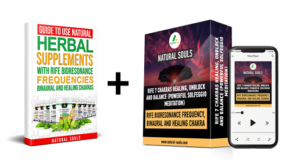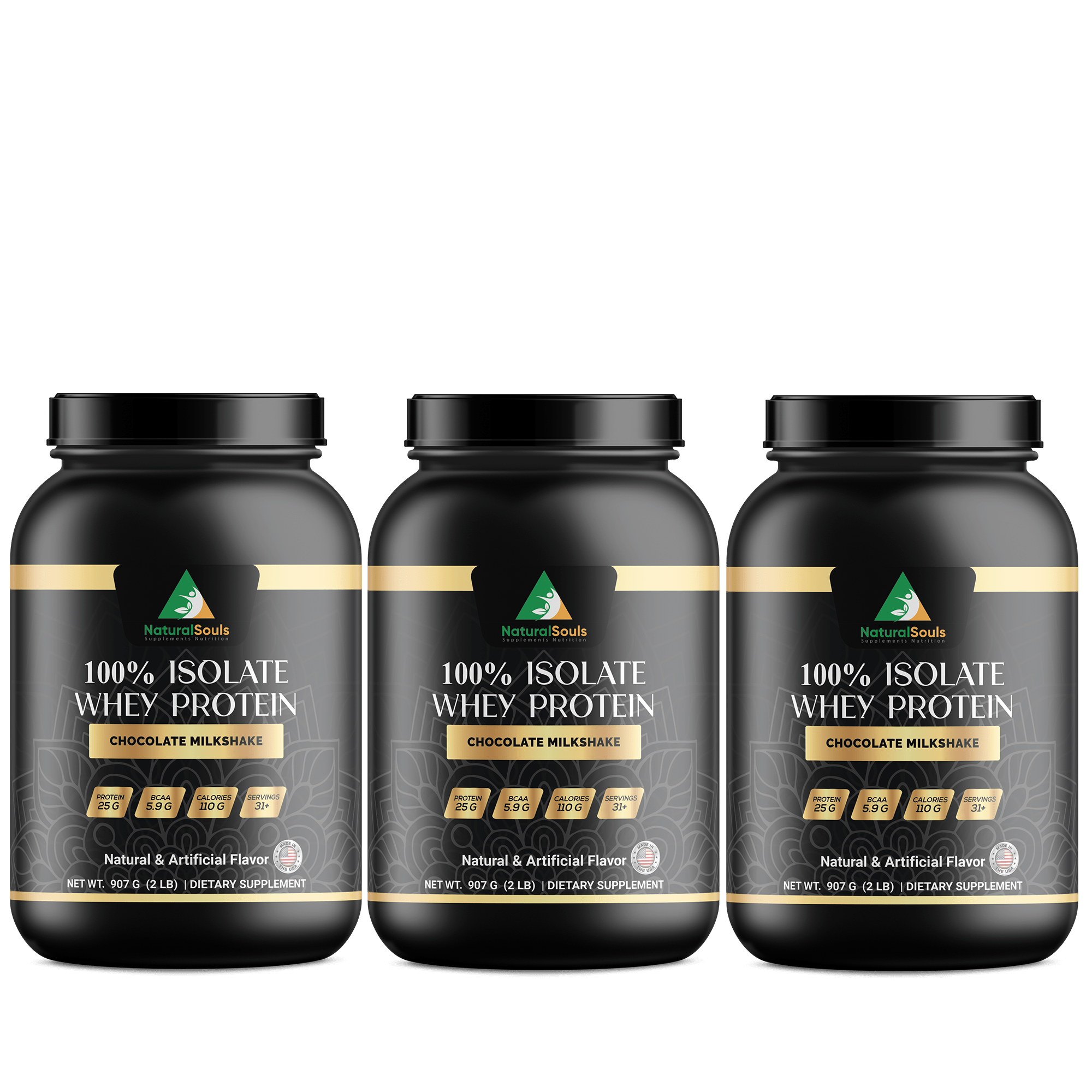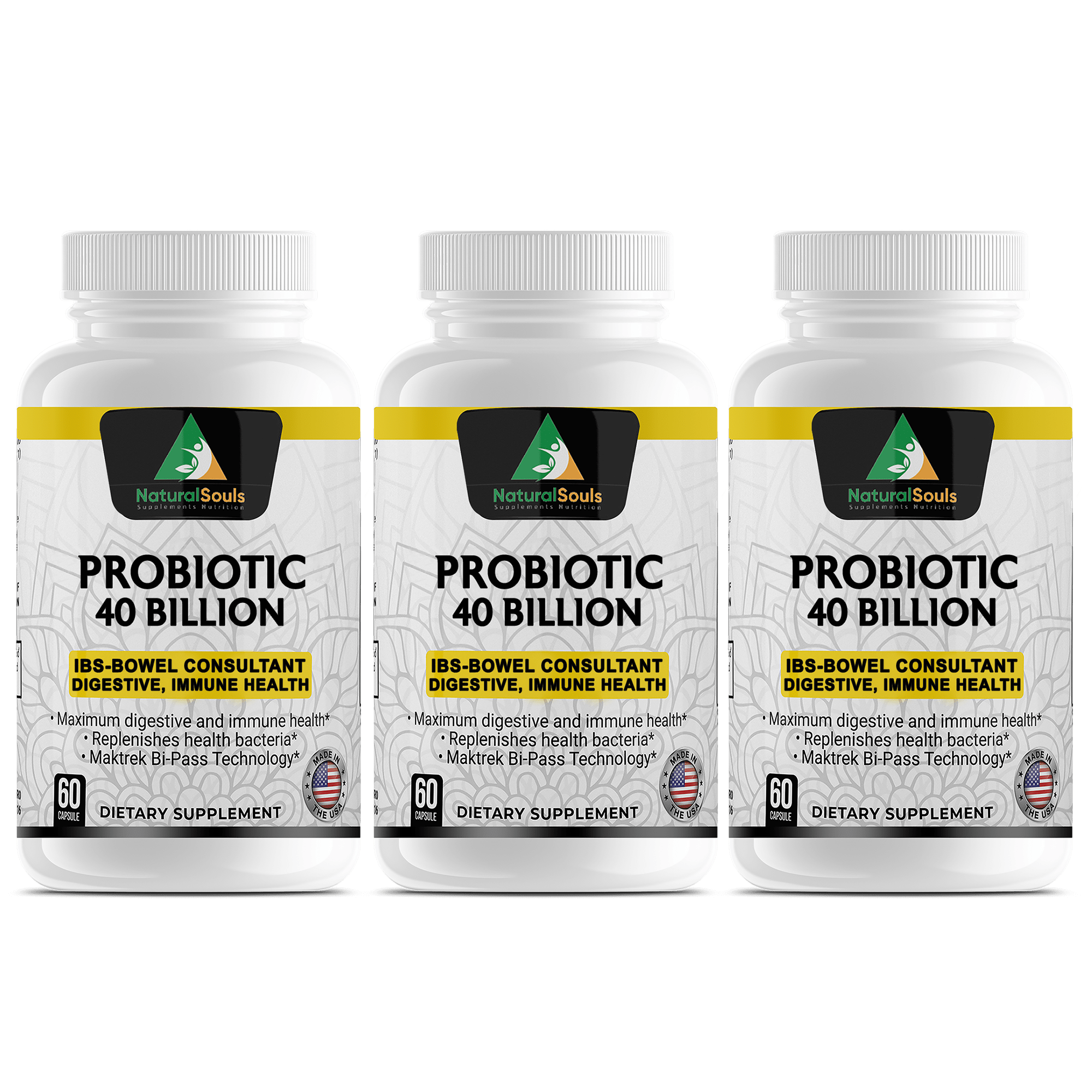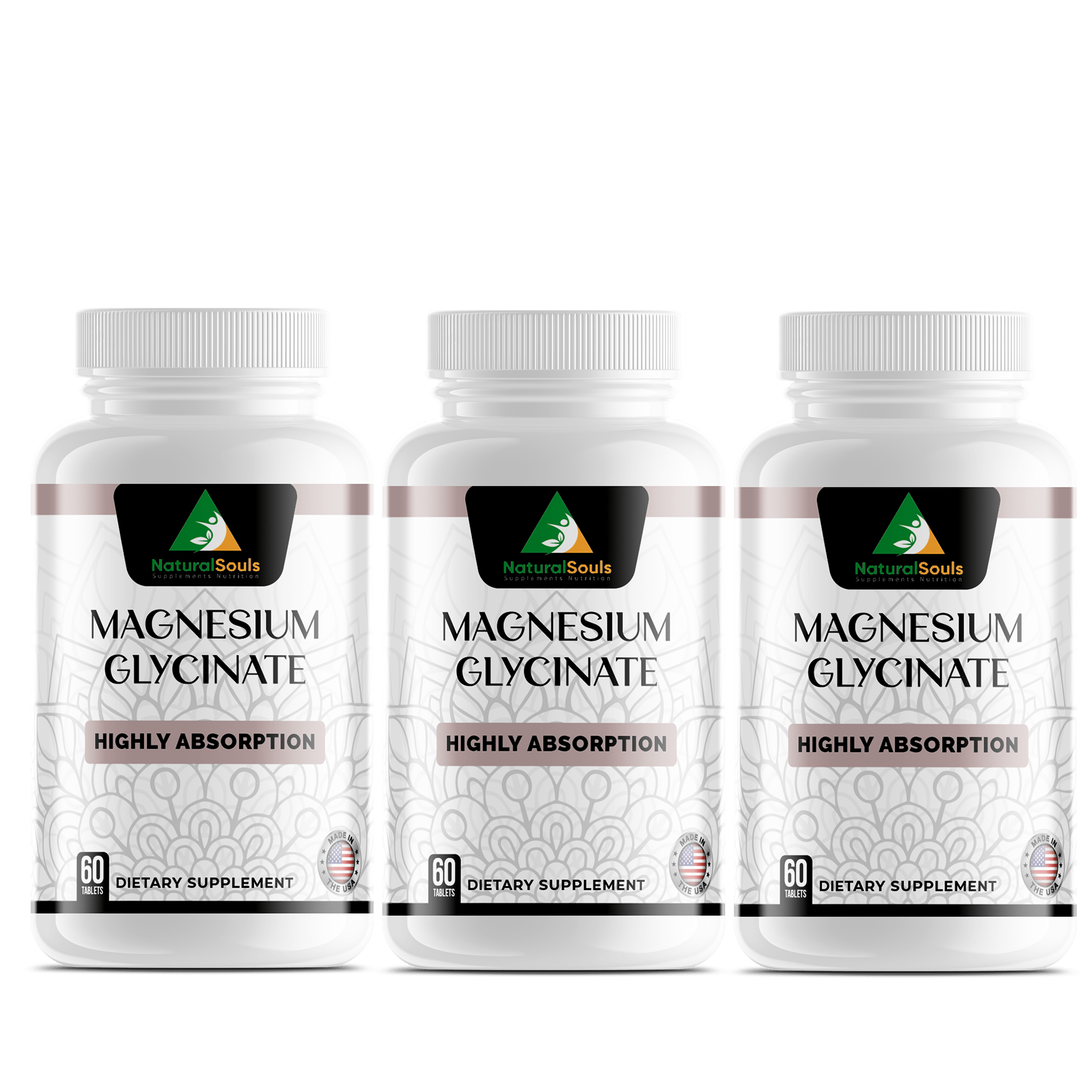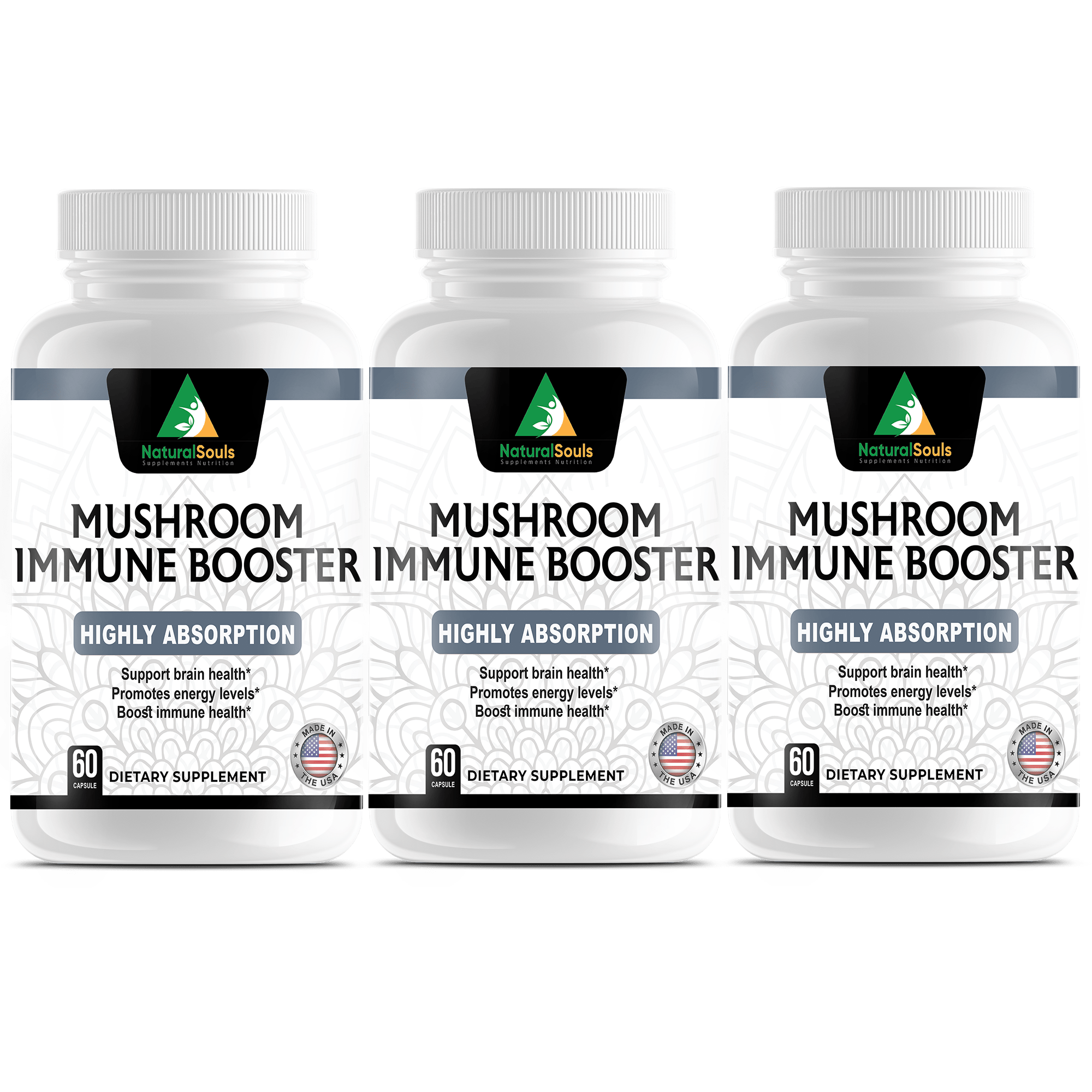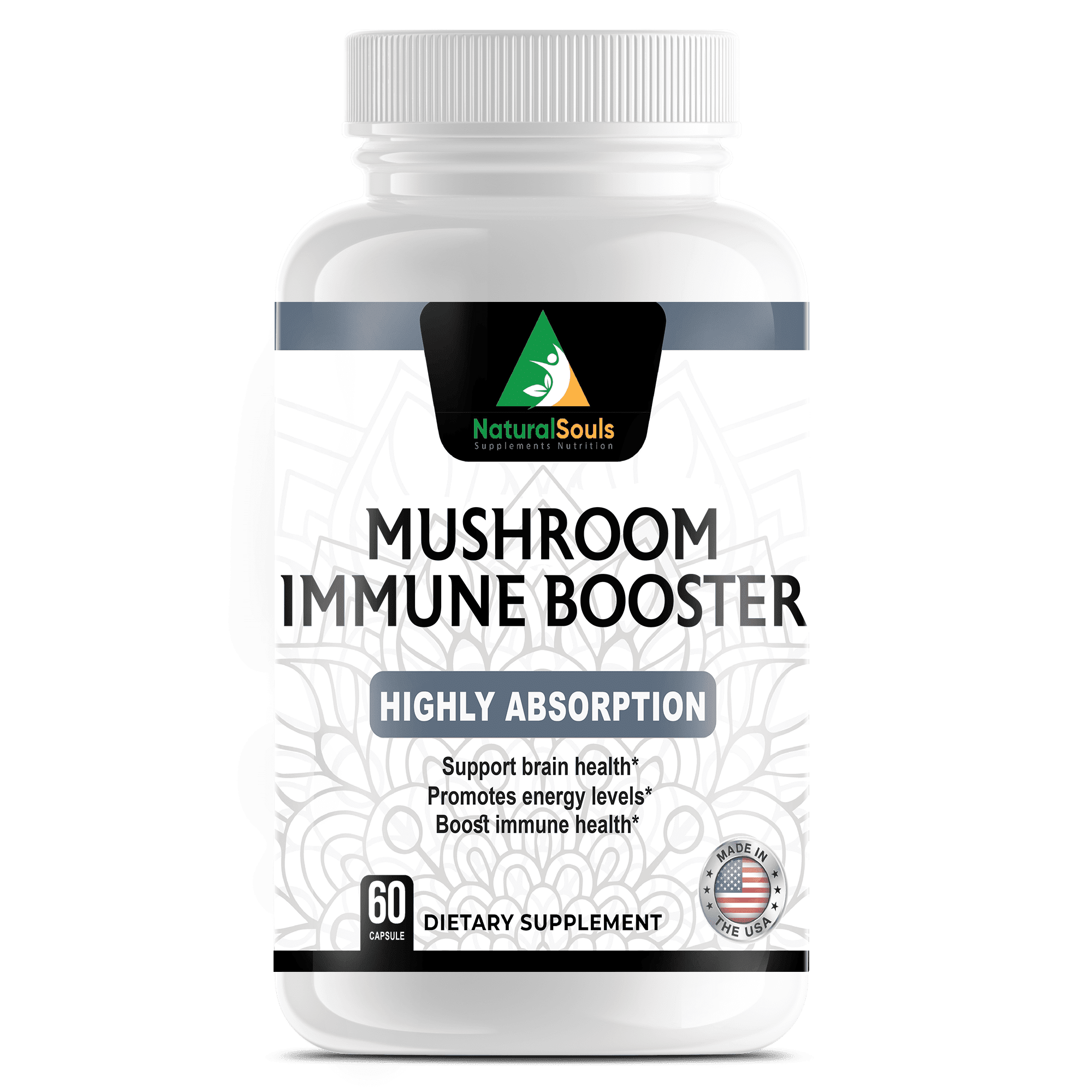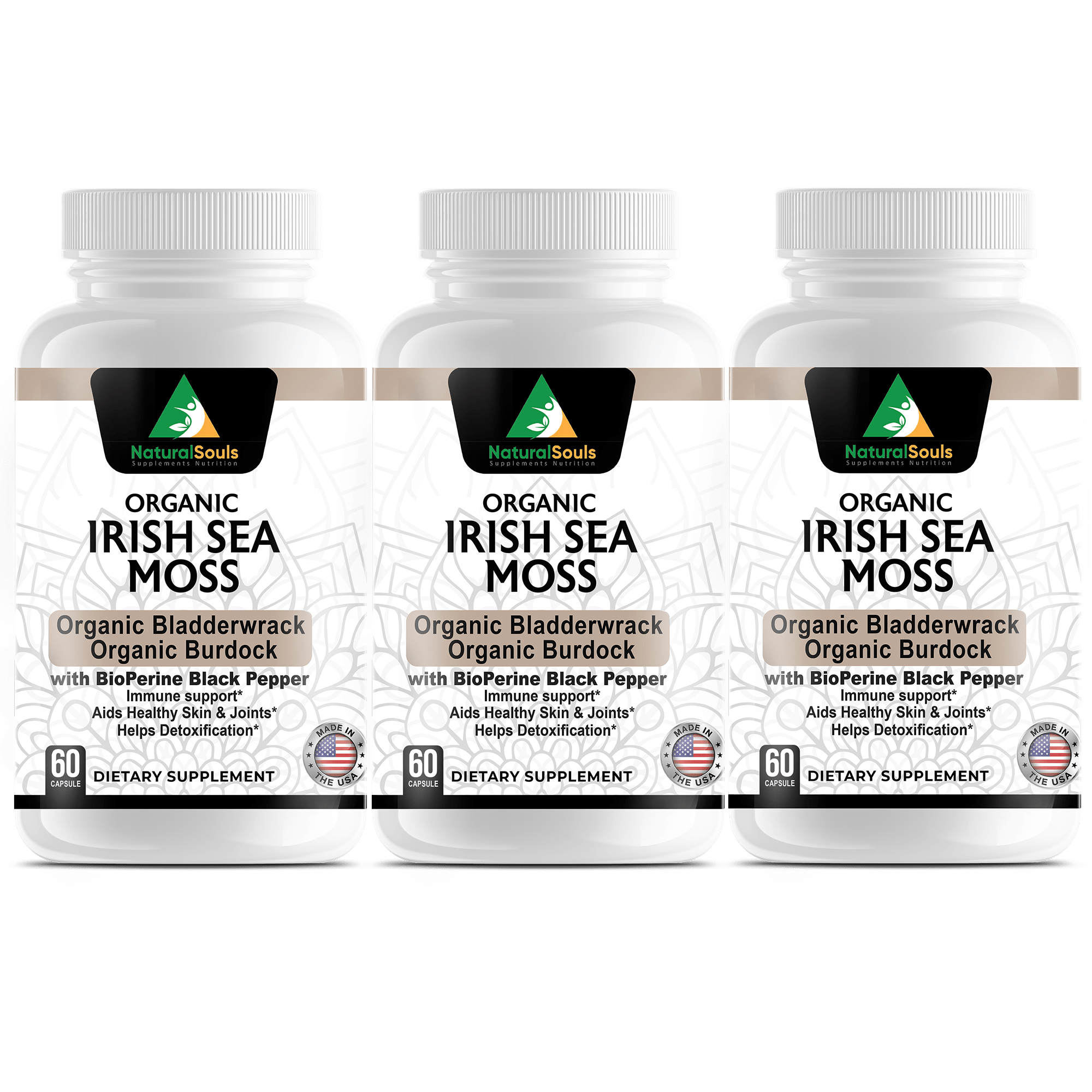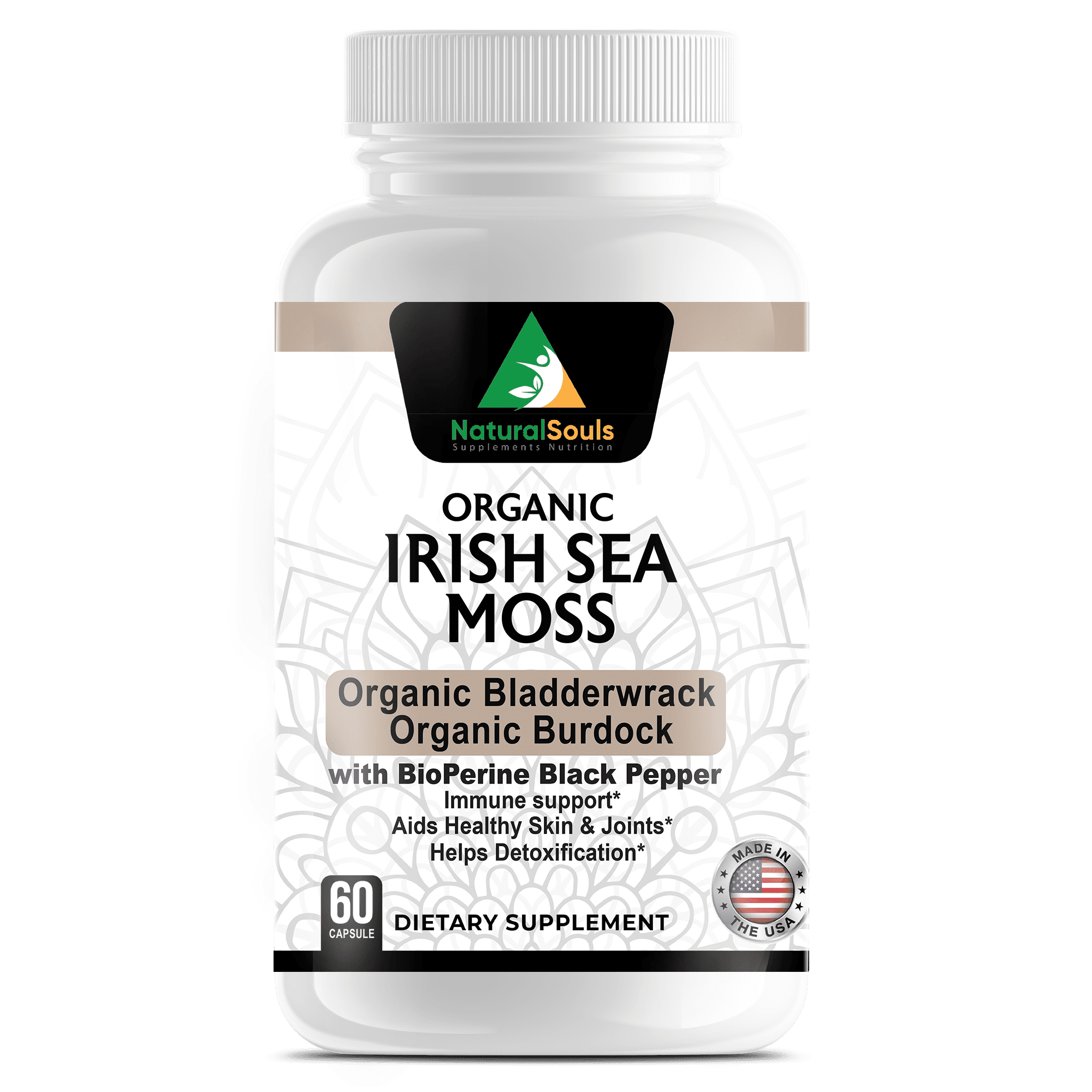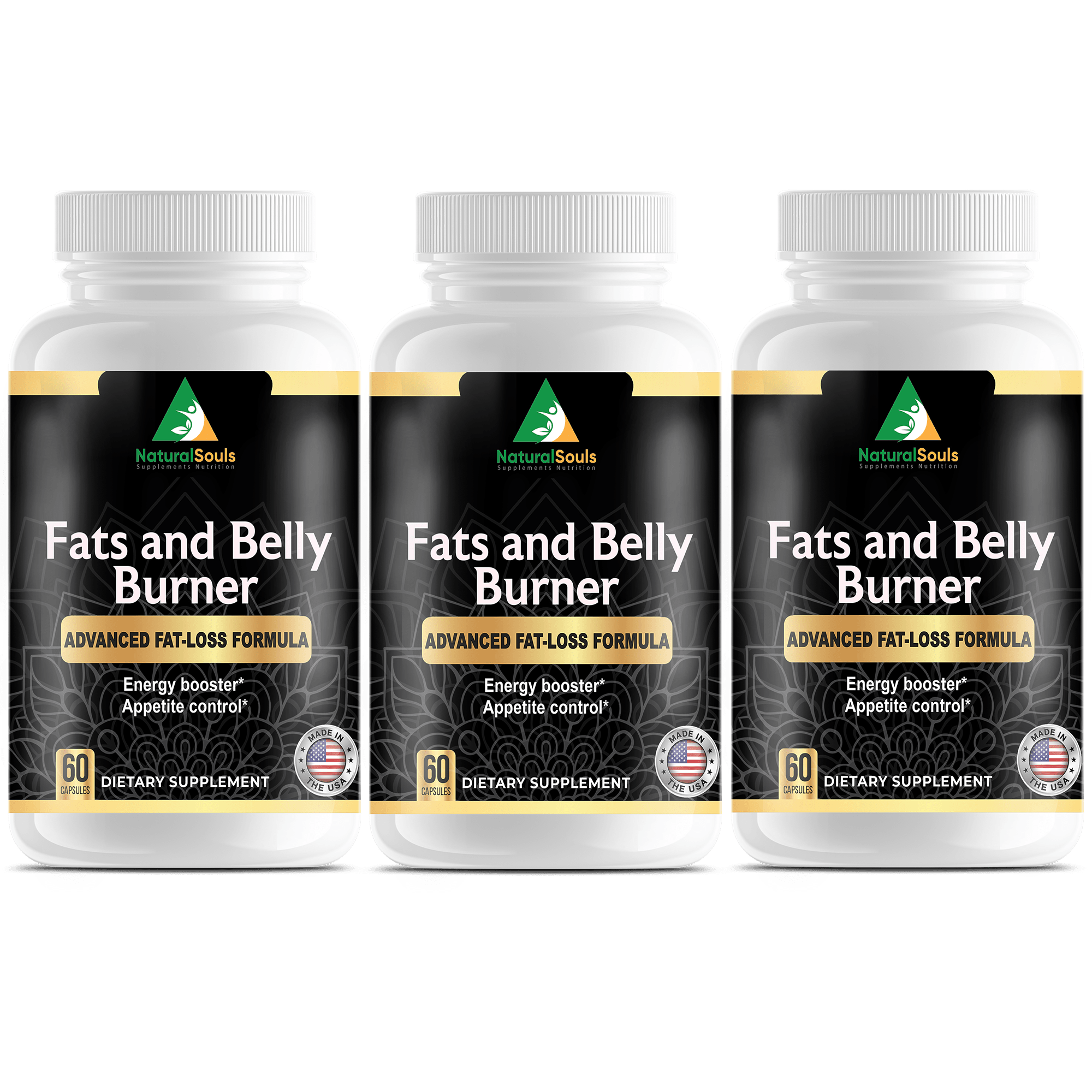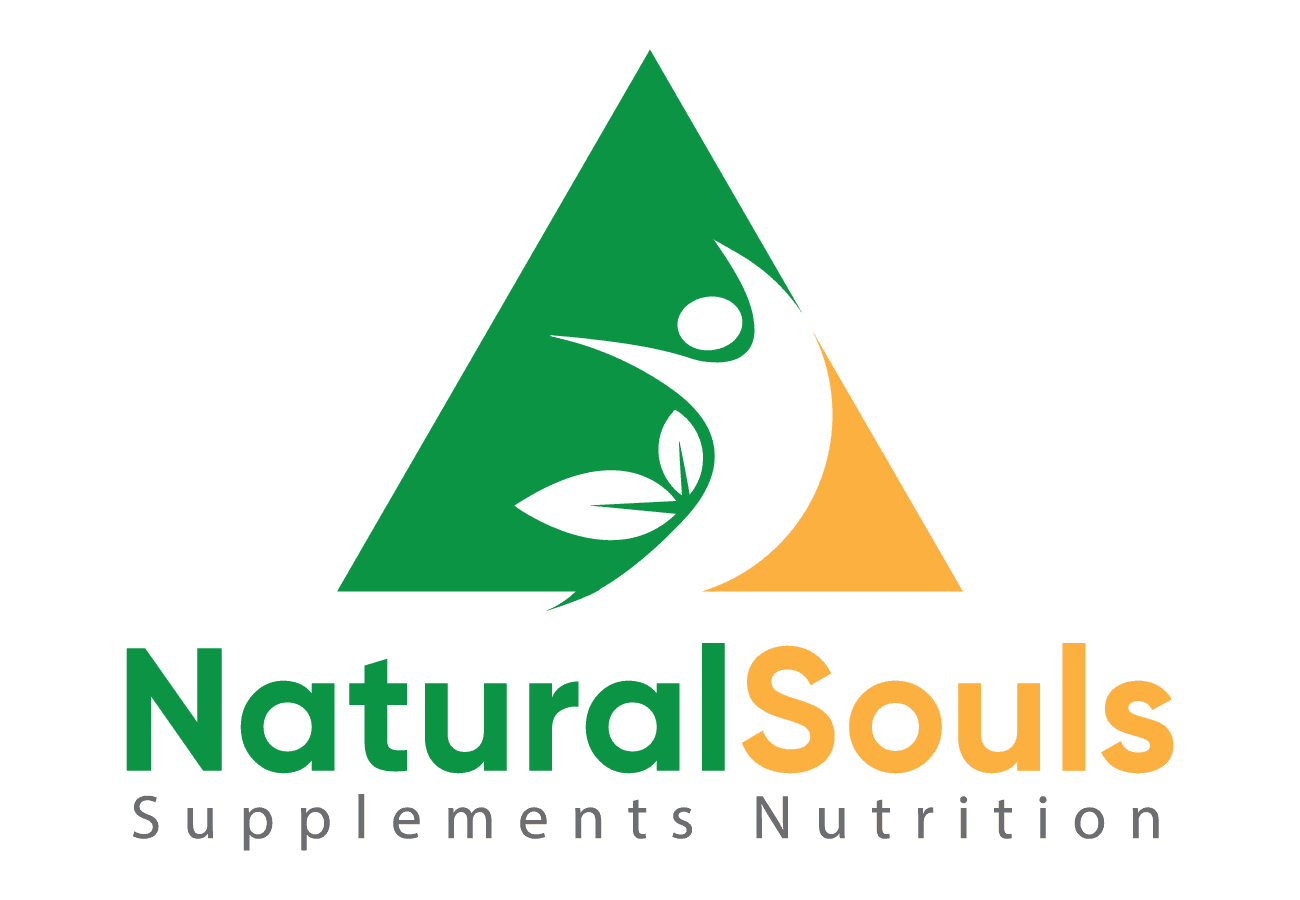Description
Get it Free & Save $19.99
– You will get :
– ((All 7 Chakras Healing, Unblock and Balance | Powerful Solfeggio Meditation)).
– Frequencies Length: 60 min. of Rife Bioresonace Frequencies in sequence patterns.
– eBook: Manual instruction of how to use Supplement with Rife BioResonance Frequencies and Healing Chakras.
– Pages: 28 pages including value of Rife BioResonance Frequencies, Importance of Chakras, Food and Supplement Energy, Vibrations, How to Practice Meditation, Role of Rife Frequency in Cancer and Diseases.
– Immediate Delivery via email: No shipping Cost.
Ingredients & Benefits
- ●● Vitamin A (beta carotene) :
- Supports vision health, skin health, immune health, and increases antioxidant support.
- Supports antioxidant function via decreased inflammatory cytokines (inflammation), decreased reactive oxygen species, and increased L-glutathione production (master antioxidant).
- Supports visual health via increased amounts of plasma vitamin A in macular (eye) tissues.
- ●● Vitamin C :
- Supports immune health via increased oxidant, free radical scavenging, and fueling neutrophilic (immune cell) activity in chemotaxis, phagocytosis, and microbial killing.
- Supports fat burning by increasing carnitine biosynthesis (molecule required for mitochondrial fatty acid oxidation).
- Supports accelerate bone healing after a fracture, increase type I collagen synthesis, and reduce oxidative stress (inflammation).
- ●● Vitamin D :
- Supports exercise performance, immune health, muscle growth, optimal bone health, hormonal health, immune function, increased sexual health, cardiovascular health, glucose tolerance, strength, and positive mood.
- Supports hormonal health via high amounts of vitamin D receptor (VDR) activity in hormone-based negative feedback loop reactions.
- Supports cardiovascular health via improved absorption of calcium, reduced atherosclerotic activity, stimulating cardio-myocytes, and improved vascular health.
- Supports exercise performance via reduced exercise-associated inflammation and muscle damage.
- Supports sexual health via increased activity of Vitamin D receptor activity of testosterone production.
- Supports immune function via decreases of inflammatory cytokines and aiding immune cells.
- Supports joint health via regulating calcium and phosphorus and bone remodeling along with other calcium-regulating actions.
-
●● Vitamin E :
-
Supports immune function, cognitive health, cardiovascular health, and bone health.
-
Supports immune health via neutralizing free radicals and reactive oxygen species, and increased T lymphocyte-mediated immune function.
-
Supports cardiovascular health via reduced cholesterol.
-
Supports cognitive function via reduced oxidative stress, inflammation, and DNA damage of neuronal tissues.
-
●● Vitamin B1 (thiamine) :
-
Supports aerobic energy metabolism (oxidative phosphorylation), cell growth, optimal neuronal conduction (nerve impulses), and cardiovascular health.
-
Supports cardiovascular function and aids as a neuro protective agent in individuals with vitamin B-1 deficiencies.
-
●● Vitamin B2 (riboflavin) :
-
Supports conversion and activation of other B vitamins, red blood cell production and serves as a co-factor for both glucose and fat metabolism (energy production).
-
●● Vitamin B3 (niacin) :
-
Major B vitamin that supports cardiovascular health by inhibiting hepatic (liver) triglyceride synthesis, reducing very-low-density lipoprotein (VLDL) secretion, and increasing HDL plasma concentrations.
-
Reduces conversion of VLDL into LDL proteins and serum lipoprotein concentrations in plasma (blood).
-
Vital for regulation of gene expression, cell cycle progression, and DNA repair, and cell death.
-
Supports healthy inflammatory response via antioxidant and anti-apoptotic (prevention of cell death) properties.
-
Prevents pathologies (diseases) such as Pellagra and reduces the prevalence of nervous anorexia, cancer, and Crohn’s disease.
-
●● Vitamin B6 :
-
Serves as a co-factor in more than 150 enzymatic reactions associated in blood sugar regulation, immunity, cardiovascular function, neuronal health, metabolic, and digestive health.
-
Reduces plasma glucose (blood sugar levels) via by inhibiting the activity of small-intestinal α-glucosidases (enzymes associated with glucose metabolism).
-
Functions as an antioxidant by counteracting the formation of reactive oxygen species (inflammatory markers) and advanced glycation end-products.
-
May support blood sugar regulation in women with gestational diabetes.
-
Co-factor for enzymes involved in DNA metabolism.
- ●● Folic Acid :
- May support proper cell growth and DNA synthesis.
- ●● Biotin :
- Supports conversion of food into cellular energy, hair health, skin health, and cognitive function.
- Enhances glucose breakdown into skeletal muscle tissue.
-
●● Vitamin B5 :
-
Supports energy production, cell growth, cell repair, cognitive function, increased hippocampal volume (memory), and optimized bio energetics (burning of carbohydrates, fat, and protein).
- ●● Calcium :
- Supports bone health, muscle function, and cardiovascular health.
- Regulates processes of bone resorption, mineralization, and fracture repair.
- Increases the effect of physical exercise on bone mineral acquisition in the period preceding puberty.
- Prevents the development of pre-eclampsia.
- ●● Iron :
- Supports red blood cell formation, immune function, and antioxidant support.
- May increases oxygen uptake into red blood cells of Iron deficient individuals.
- May support gut health of iron-deficient individuals.
- Combats anemia in Iron deficient individuals.
- ●● Magnesium :
- Supports optimal nerve function, muscle contractions, cardiovascular, bone health, and decreased anxiety.
- Supports biological reactions such as ATP-fueledreactions and pancreatic insulin secretion.
- Supports reduction systolic blood pressure, fasting glucose, triglycerides, and healthy HDL levels.
- Reduces peripheral cortisol levels in the CNS and supports relaxation and decreased anxiety.
- ●● Zinc :
- Supports immune function, skin health, cognitive function, and vision.
- Supports stimulation of the innate and adaptive immune system.
- Supports the activation of lymphocytes and activation of innate and T cell-mediated immunity.
- Supports cognitive function by modulation of neuronal signaling in areas of the brain associated with memory and learning (hippocampus).
-
●● Selenium :
-
Supports antioxidant function, cardiovascular health, cognitive function, thyroid health, and immune health.
-
Combats atherosclerosis, high cholesterol (hyper-cholesterolemia) and type 1 diabetes.
-
Supports thyroid health via decreased circulating thyroid auto antibodies in patients with chronic autoimmune thyroiditis (AIT).
-
Increases the activity of selenoproteins that decrease reactive oxygen species (inflammation), increases natural killer activity, and increases glutathione (master antioxidant) levels.
- ●● Copper :
- Supports healthy blood sugar levels, energy metabolism and cholesterol management.
-
●● Manganese :
-
Supports enzymatic antioxidant reactions, increased bone mineral density, and blood sugar regulation.
-
●● Molybdenum :
-
Increases enzymatic reactions involved in sulfite metabolism and detoxification.
-
●● Chromium :
-
Supports insulin function, reduced cholesterol, improved blood sugar regulation and may lower cholesterol.
- ●● DMAE Bitartrate :
- Increases acetylcholine levels in the brain.
- ●● L-Glutamine :
- The mostabundant amino acid in skeletal muscle that fuels immune cells, improves exercise recovery, and optimizes gut microbiome.
- Vital for lymphocyte (immune cell) proliferation (growth) and paramount in neutrophil (immune cell) destruction of bacteria.
- Vital for activation of genetic signals that support immune function and vitality.
- Glutamine is utilized by immune cells at high rates during catabolic conditions (post-surgery, sepsis, burns, and extreme exercise.
- ●● Glutamic Acid :
- Supports cognitive function and focus.
- ●● Green Tea Extract :
- A potentpolyphenolic antioxidant that supports blood pressure, insulin sensitivity, and metabolic health.
- High in ECGC (epigallocatechin gallate).
- ECGC is shown to reduce body fat mass, increase fat oxidation(burning) and increase caloric expenditure during exercise.
- Potent anti-inflammatory compound supporting glutathione production and inhibition of pro-inflammatory markers (cytokines).
- Reduces oxidative stress (chronic inflammation in the body).
- ●● Choline :
- Essential for cell membrane integrity, cell messaging, fat metabolism, DNA synthesis, immune support, and nervous system function.
- Serves as a methyl donor and as a precursor for the production of cell membranes.
- Precursor for acetylcholine (neurotransmitter) which activates receptors in the central nervous system-mediated immune responses (α7nAchR).
- Lifelong choline supplementation may combat neurodegenerative diseases by reducing amyloid-β plaque load (plaques of degrading neurons).
- Reduces the concentration of total homocysteine (inflammation marker) in individuals with low levels of folate and other B vitamins (B₂, B₆, and B₁₂).
- ●● Inositol :
- Supports liver detoxification, combats metabolic syndrome, and aids as an antioxidant.
- Combats metabolic syndrome via reduced levels of triglycerides, total-and LDL-cholesterol.
- Supports antioxidant function via reduced levels of reactive oxygen species and inflammatory markers(interleukin 6).
- ●● N-Acetyl Tyrosine :
- Supports memory, cognitive flexibility, the executive function of the brain, and convergent thinking.
- The precursorto dopamine and is vital for dopamine synthesis in the brain.
- Supports cognitive function in individuals with high amounts of stress and anxiety.
- Increases dopamine levels in highly stressed individuals.
- ●● Bilberry Fruit :
- Supports vision health, cardiovascular function, increased nitric oxide production, andantioxidant support.
- ●● Grape Seed Extract :
- Supports increased nitric oxide production, reduces blood pressure, reduces DNA damage, increases collagen production, increases bone strength, and aids as a neuro-protective agent.
- Supports antioxidant function via modulation of antioxidant enzyme expression, protection against oxidative damage, and reduced reactive oxygen species.
- Supports cardiovascular health via reduced atherosclerosis, inhibiting lipid per oxidation, and improved endothelial vascular function.
- ●● Olive Leaf :
- Supports cardiovascular health, antioxidant function, and controlled blood sugar levels.
- Supports Cardiovascular health via reduction of systolic BP, LDL, and inflammatory biomarkers.
- Supports antioxidant function via anti-inflammatory polyphenols that protect against DNA damage initiated by free radicals.
- Combats major inflammatory path ways via anti-inflammatory change involving inflammation pathway (NF-κB inhibition).
- Supports blood sugar regulation via improved insulin sensitivity and pancreatic β-cell (cells responsible for secreting insulin) secretory capacity.
- ●● Licorice Root :
- Supports anti-inflammatory, anti-allergenic, and antimicrobial properties.
- ●● Boron :
- Supports increased bone mineral density, muscle function, hormonal balance, and immune function.
- ●● DHA (Fish Oil) :
- Vital for optimal cardiovascular, hormonal, immune, cognitive, digestive health, and recovery from exercise.
- Fish oil consumption of 6 grams per day has been shown to reduce inflammation, reduce muscle soreness, and reduced the perception of pain in exercising individuals.
- Increases skeletal muscle hypertrophy than individuals consuming only whey protein post-exercise.
- Supports cardiovascular health by decreasing atrial fibrillation, atherosclerosis (plaque buildup), thrombosis, blood pressure, and supporting blood lipid profiles (cholesterol panel).
- Lowers blood pressure via increased production nitric oxide production and induced endothelial relaxation.
- Supports healthy information by decreasing c-reactive protein (inflammatory markers) in the body and increasing insulin sensitivity.
- Supports cognitive health by increasing the concentration of omega 3 fatty acids in the cell membranes of the cerebral cortex and synaptic vesicles.
- ●● Vanadyl Sulfate :
- Supports blood sugar regulation via improved insulin sensitivity and pancreatic beta-cellfunction (cells that produce insulin).
- ●● Phosphatidylserine :
- Supports cognitive function, memory, and focus, and reduced stress.
- Reduces prevalence of short-term memory loss in ADHD patients improved prefrontal cortex (PFC) pyramidal cells function.
- Increases dopamine and acetylcholine release via maintenance of acetylcholine supply.
- Reduces cortisol levels in the frontal Brian regions during stressful activity.
- ●● Huperzine A :
- Supports cognitive function, memory, focus, and combats neuro degenerative disease.
- Combats neuro degenerative disease via improvement of cognitive function, daily living activity, and global clinical assessment in participants with Alzheimer’s disease.

Proper Use of This Supplement :
Suggested Use:As a dietary supplement take two (2) veggie capsules once a day. For best results take 20-30 minutes before a meal with an 8 oz glass of water, or as directed by your health care professional.
Sources:
– Bird R. P. (2018). The Emerging Role of Vitamin B6 in Inflammation and Carcinogenesis.Advances in food and nutrition research,83, 151–194.
– Bailey, L. B., Stover, P. J., McNulty, H., Fenech, M. F., Gregory, J. F., 3rd, Mills, J. L., Pfeiffer, C. M., Fazili, Z., Zhang, M., Ueland, P. M., Molloy, A. M., Caudill, M. A., Shane, B., Berry, R. J., Bailey, R. L., Hausman, D. B., Raghavan, R., & Raiten, D. J. (2015). Biomarkers of Nutrition for Development-Folate Review.The Journal of nutrition,145(7), 1636S–1680S.
– Thakur, K., Tomar, S. K., Singh, A. K., Mandal, S., & Arora, S. (2017). Riboflavin and health: A review of recent human research. Critical reviews in food science and nutrition, 57(17), 3650–3660.
– Suwannasom, N., Kao, I., Pruß, A., Georgieva, R., & Bäumler, H. (2020). Riboflavin: The Health Benefits of a Forgotten Natural Vitamin. International journal of molecular sciences, 21(3), 950.
– DiNicolantonio, J. J., Niazi, A. K., Lavie, C. J., O’Keefe, J. H., & Ventura, H. O. (2013). Thiamine supplementation for the treatment of heart failure: a review of the literature. Congestive heart failure (Greenwich, Conn.), 19(4), 214–222.
– Saedisomeolia, A., & Ashoori, M. (2018).Thiamine in Human Health: A Review of Current Evidences. Advances in food and nutrition research, 83, 57–81.
– DePhillipo, N. N., Aman, Z. S., Kennedy, M. I., Begley, J. P., Moatshe, G., & LaPrade, R. F. (2018). Efficacy of Vitamin C Supplementation on Collagen Synthesis and Oxidative Stress After Musculoskeletal Injuries: A Systematic Review. Orthopaedic journal of sports medicine, 6(10), 2325967118804544.
– Eggersdorfer, M., & Wyss, A. (2018). Carotenoids in human nutrition and health. Archives of biochemistry and biophysics, 652, 18–26.
– Sunkara, A., & Raizner, A. (2019). Supplemental Vitamins and Minerals for Cardiovascular Disease Prevention and Treatment. Methodist DeBakey cardiovascular journal, 15(3), 179–184.
– Age-Related Eye Disease Study Research Group (2001). A randomized, placebo-controlled, clinical trial of high-dose supplementation with vitamins C and E, beta carotene, and zinc for age-related macular degeneration and vision loss: AREDS report no. 8.Archives of ophthalmology (Chicago, Ill. : 1960), 119(10), 1417–1436.
– Jovic, T. H., Ali, S. R., Ibrahim, N., Jessop, Z. M., Tarassoli, S. P., Dobbs, T. D., Holford, P., Thornton, C. A., & Whitaker, I. S. (2020). Could Vitamins Help in the Fight Against COVID-19?. Nutrients, 12(9), 2550.
– Traber, M. G., & Atkinson, J. (2007). Vitamin E, antioxidant and nothing more. Free radical biology & medicine, 43(1), 4–15.
– Wu, D., & Meydani, S. N. (2014). Age-associated changes in immune function: impact of vitamin E intervention and the underlying mechanisms. Endocrine, metabolic & immune disorders drug targets, 14(4), 283–289.
– De la Fuente, M., Hernanz, A., Guayerbas, N., Victor, V. M., & Arnalich, F. (2008). Vitamin E ingestion improves several immune functions in elderly men and women. Free radical research, 42(3), 272–280.
– Browne, D., McGuinness, B., Woodside, J. V., & McKay, G. J. (2019). Vitamin E and Alzheimer’s disease: what do we know so far?. Clinical interventions in aging, 14, 1303–1317.
– Mock DM. Biotin: From Nutrition to Therapeutics. J Nutr. 2017 Aug;147(8):1487-1492. doi: 10.3945/jn.116.238956. Epub 2017 Jul 12. PMID: 28701385; PMCID: PMC5525106.
– Patel DP, Swink SM, Castelo-Soccio L. A Review of the Use of Biotin for Hair Loss. Skin Appendage Disord. 2017 Aug;3(3):166-169. doi: 10.1159/000462981. Epub 2017 Apr 27. PMID: 28879195; PMCID: PMC5582478.
– Cappellini, M. D., Musallam, K. M., & Taher, A. T. (2020). Iron deficiency anaemia revisited. Journal of internal medicine, 287(2), 153–170.
– Paganini, D., & Zimmermann, M. B. (2017). The effects of iron fortification and supplementation on the gut microbiome and diarrhea in infants and children: a review. The American journal of clinical nutrition, 106(Suppl 6), 1688S–1693S.
– Andrews, S. C., Robinson, A. K., & Rodríguez-Quiñones, F. (2003). Bacterial iron homeostasis. FEMS microbiology reviews, 27(2-3), 215–237.
